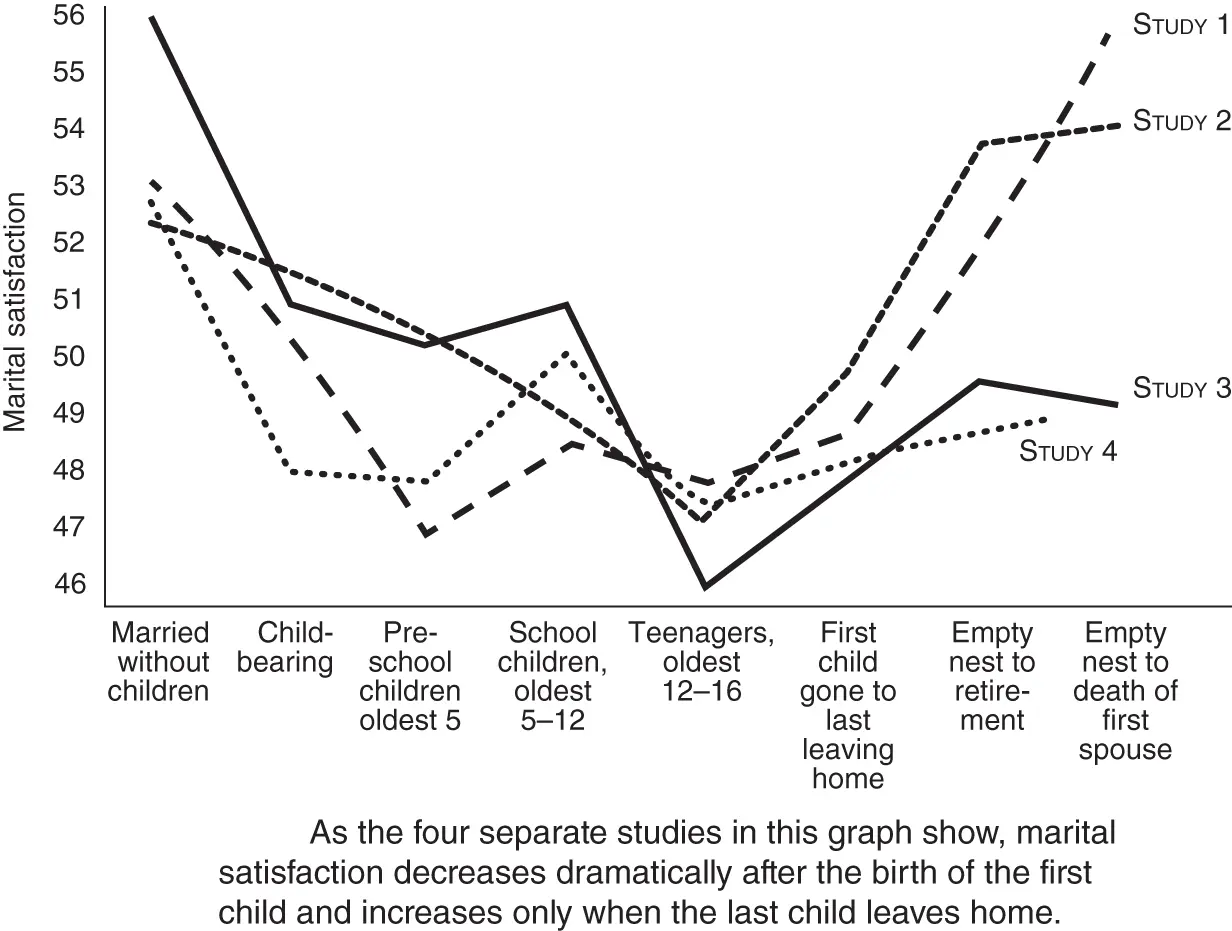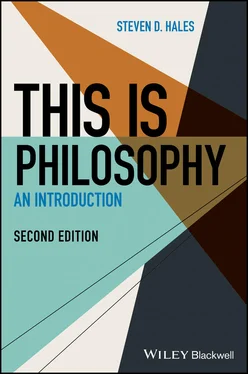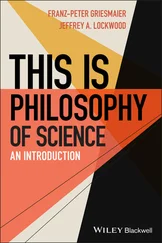Consider child rearing. One of the most pervasive beliefs around the world is that having children will make people happy. Childless couples imagine a future filled with beautiful, successful, loving children, of cheerful holiday dinners and birthday parties at the park. Parents whose children are grown look back fondly on family traditions, vacations taken, and funny episodes of life. So parents encourage their childless friends and adult children to have kids of their own, they tell them that kids are wonderful, a blessing not to be missed. Everyone is happier with a brood. Sure, there are diapers to be changed, homework to monitor, and orthodontists to be paid, but all in all, the hard work of parenting pays back big dividends.
Recent studies have shown, however, that “children will make you happy” is a myth. In fact, children make you less happy. The family life of an average person will be a lot less happy with children than without them. Psychologists who study happiness with sophisticated surveys and tests have discovered that couples tend to start out quite happy in their marriages, but grow increasingly less happy over the course of their lives together until the children leave home. It is not until they reach “empty nest” that the parents’ marital happiness levels return to what they were pre-children. The Harvard psychologist Daniel Gilbert plotted the results from four different happiness studies (Figure 1.1), all of which tell the same story (Gilbert, 2005, p. 243).

Figure 1.1Marital satisfaction.
Given the evidence that children make our home lives less happy, why does everyone insist on the opposite? In Gilbert’s view, we are all wired by evolution to deceive ourselves–and others–about how much having kids decreases our happiness. Even though studies repeatedly show that women (historically the primary care givers) are less happy taking care of their children than when eating, exercising, shopping, napping, or watching TV (Gilbert, p. 243), our subconscious minds ignore the evidence and tell us the opposite. Imagine a world in which everyone believed the truth that having kids will, on the whole, only add to your misery. Apart from accidents, people would stop having them. Failing to reproduce is the fastest way for a species to go extinct, so evolution builds in some safeguards, including self-deception about what actually makes us happy.
If the happiness researchers are right, then having and raising children is a genuine act of altruism. The benefits to the giver, in this case the parents, are less than the value of the gift, namely the gift of life and the resources to survive until adulthood. Having children is one of the most common human activities, and not a rare act of courage like that of Private McGinnis. When you decide to ignore the happiness findings and go on to have children (as most of the readers of this book will), you will be intentionally performing a pure act of altruism, in the full knowledge that you will be giving benefits to others with a net loss to your own happiness. The evidence is thus that psychological egoism is false. People routinely do not act in their own self-interest.
How about ethical egoism? Perhaps we should all be acting in our own self-interest. Earlier we proposed testing ethical theories against our most basic and ingrained intuitions about permissible actions. What are the intuitive pros and cons of ethical egoism?
On the plus side, egoism captures the idea that each human life has intrinsic merit. It allows each person to view their own life as being of ultimate value, thereby taking the importance of the human individual seriously. Any moral philosophy that requires sacrifices for others compels individuals to set their own interests aside in order to promote the welfare of people whom they may not care about. Compulsory sacrifice suggests that an individual’s life is something at the disposal of others, not something to be valued for its own sake.
More concretely, suppose that you have a grilled cheese sandwich. It’s legitimately yours–you bought it fairly with money you legally earned though your own labor. Imagine that as you leave the Cheeses Lady food truck with your lunch you see a hungry beggar. You could give him your sandwich, or you could keep walking and enjoy it yourself. Let’s suppose that he would get much more out of the grilled cheese than you would; he hasn’t eaten in two days whereas you haven’t eaten for two hours. Nevertheless, there is an intuition that it is your sandwich to do with as you please. If you choose to give it to the beggar then of course you may, but if you eat it yourself, then that’s your prerogative too. Egoism effortlessly explains why there’s nothing wrong with you keeping and eating your own lunch, even when it would benefit others even more. As we will see later, other moral theories, such as utilitarianism, can’t easily allow such a simple thing.
Another argument is that we are each best suited to figure out what our own wants and needs are. Maybe the kinds of things you want out of life aren’t the things your parents want. There are many different visions of the good life–a yurt in the desert, living off the grid, communing with nature and smoking homegrown cannabis; a condo on the upper East Side in Manhattan with a Porsche in the parking garage; a cloistered monastery in the Italian Alps with prayers and silence. People ought to each pursue their own vision of the best life for themselves and be free to do so. If we interfere in each other’s lives, even out of a sense of beneficence, we are more likely to make a botch job of it. We’ll just wind up imposing our own values on each other, when it is far better for each of us to pursue our own interests.
Now, you might think that if ethical egoism were widely adopted that it would result in a bunch of uncooperative, self-absorbed loners. However, that’s not true. Ethical egoism is entirely compatible with collective action based on reciprocity. You may decide to help your neighbor work on his roof because you know that later on he’ll help you with your deck. Or you might decide to pool your money with your friends and get a keg of beer, knowing that you’ll get a better price for such a bulk purchase. Everyone profits by having more beer for less money, including you. In these cases each person acts to promote their own self-interest, but other people benefit as well. The image of ethical egoism is the wolfpack–hunting together the pack can take down a moose, but each wolf is out to benefit itself.
What’s the downside of ethical egoism? There are three main objections to egoism.
Objection 1: horrible consequences.
There are many intuitively heinous actions that, under ethical egoism, are morally permissible. For egoists, nothing that people do to each other in the name of their own self-interest is immoral. Consider the following. In 1991 Phillip and Nancy Garrido of Antioch, California kidnapped a blond, pony-tailed 11-year-old little girl named Jaycee Lee Dugard. For the next 18 years they kept her prisoner in their backyard while they raped her. Phillip Garrido fathered two children with Jaycee, the first when she was only 14 years old, and kept the children isolated, uneducated, and captive. The children had never been to a doctor. In 2009 the Garridos were discovered and arrested. Or consider the case of Kristen Diane Parker, a surgery technician at a Colorado hospital. A heroin addict, she routinely stole Fentanyl, a powerful painkiller, from cancer patients, whom she left in pain as she replaced their drugs with saline. As she carelessly switched her used syringes for fresh ones, Parker infected three dozen people with hepatitis C. Eventually she was caught and sentenced to 20 years in prison.
Читать дальше













